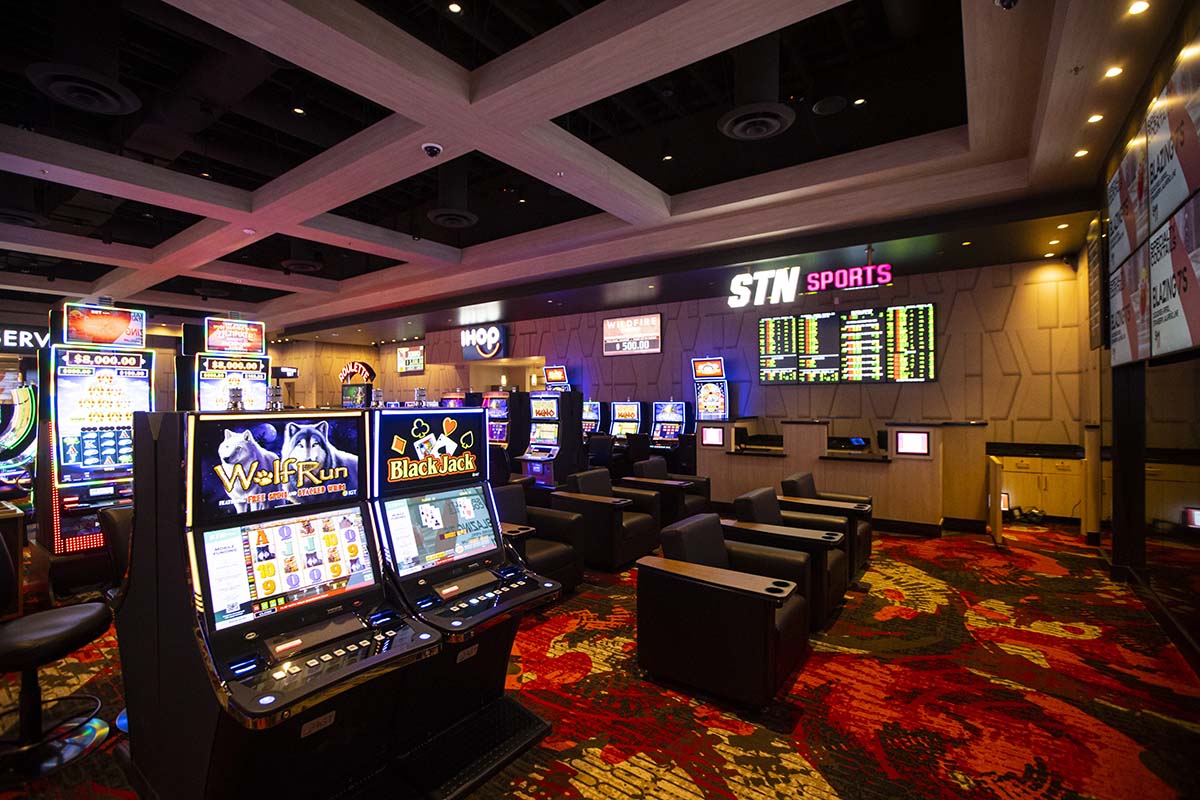Betting has been an essential part of human recreation for thousands of years, evolving through cultures and eras to become the vibrant casino games we know today. From the historical Chinese and Romans, who participated in multiple forms of gambling and chance, to the advanced gaming floors of contemporary casinos, the allure of risk and reward has fascinated individuals across the globe. The change from simple dice games and primitive betting setups to the extravagant settings of contemporary casinos reflects considerable strides in both cultural standards and technological advancements.
As cultures evolved, so too did the complexity of gambling activities, with gambling activities emerging as a unique category of entertainment and thrills. These activities have transformed from informal gatherings centered around wooden tables to sprawling, opulent establishments designed to attract players. Today, we delve into this intriguing journey, studying how historical practices laid the groundwork for the varied and exciting casino activities that bring joy to millions worldwide.
spintax
Ancient Betting Traditions
Gambling has significant roots in human past, with indications of games of chance dating back to ancient societies. Archaeologists have discovered that as far back as 3000 BC, the ancient Chinese were using primitive forms of gambling with dice made from bones. Similarly, ancient cultures of Mesopotamia engaged in gambling activities, often relying on the tossing of lots or dice to determine winners. These early forms of gambling served not only as recreation but also played crucial roles in social and cultural practices.
The Egyptians also took part in betting activities, with games that included betting on the outcomes of various events, including athletic events and spiritual festivals. Items such as dice and depictions of players from ancient tombs illustrate that betting was a popular pastime. It provided both relaxation and a means of engaging in social connections, often linked to festive occasions or important gatherings. This activity showed the universal appeal of chance and rivalry throughout history.
In ancient Rome, wagering became a prevalent practice among the people, as evidenced by references in literature and the establishment of guidelines around certain activities. Romans enjoyed a variety of gambling activities, from betting on horse races to playing games akin to modern-day board games. The legal framework surrounding these activities began to take shape, establishing the foundations for gambling regulations that would grow in the centuries to come. The popularity of gambling during this period set the stage for the development of gambling house games in the future.
The Progression of Casino Games
Gambling games have gone through substantial transformations from their origins to the modern-day entertainment selections. In historical civilizations, gaming was commonly linked to ceremonial practices, with games of dice found in the ancient Mesopotamian region and betting on the outcomes of events in classical Rome. These early forms of gambling laid the basis for the formal games we see today. The transition from informal gambling to organized games occurred as societies began creating rules and venues for wagering, reflecting cultural values and practices.
The medieval period saw the development of card games, which gained popularity among the nobility of Europe nobility. Games like primero and the game baccarat became staples in social gatherings. The invention of printing technology also aided the spread of playing cards, making them more available to the masses. As gambling houses began to multiply, these card games transformed into variations that catered to wider audiences, eventually leading to the founding of casinos as specialized venues for gaming.
The 20th century marked a significant point in the progression of casino games, with the rise of commercial casinos in Las Vegas and other gaming hubs. http://8ok.fun/ This era introduced games like video slots and modern variations of table games, complete with sophisticated graphics and detailed betting structures. The advent of online casinos in the late 1990s additionally transformed the gaming industry, allowing players to access a wide range of casino games from the comfort of their homes. Today, casino games go on to progress, blending traditional elements with advanced technology to create immersive experiences for players worldwide.
Contemporary Gaming Regulations

In the past few years, the environment of gaming laws has evolved significantly, especially as technology and online gambling have become more prevalent. Authorities around the world have implemented various regulations and standards to guarantee that gaming activities are conducted equally, with responsibility, and transparently. These laws often encompass elements such as licensing, advertising, player safeguards, and sensible gambling measures. Authorities aim to reduce problems such as gambling addiction and fraudulent activities while supporting a equitable gaming environment.
The growth of internet casinos has required a fresh approach to regulation. Many jurisdictions have established dedicated internet-based gaming frameworks that serve online gambling, enabling operators to offer their offerings within the law. These structures often demand operators to obtain licenses, adhere to strict security standards, and provide customer support options to assist players. By vigilantly observing internet activities, regulators can more effectively protect consumers from potential harm and ensure that gaming is conducted in a protected manner.
Moreover, contemporary gaming regulations are increasingly concentrating on responsible gaming initiatives. Many casinos and internet-based sites now adopt features such as self-exclusion, deposit limits, and time-outs to help players manage their gambling habits. Educational campaigns aimed at raising awareness about the risks of gambling are also common. As the sector continues to grow, the focus on responsible gambling continues to be a cornerstone of regulatory efforts, showing a dedication to encouraging a safe and pleasant gambling experience for all players.